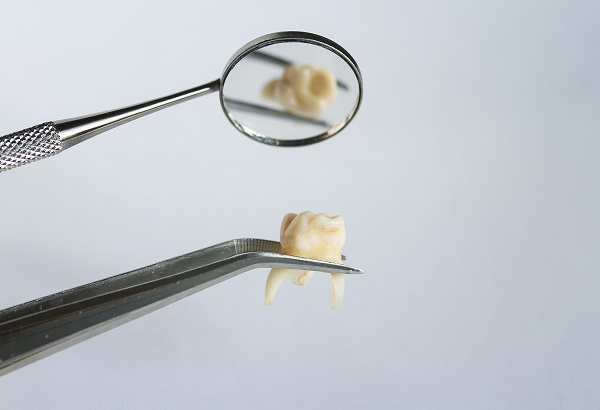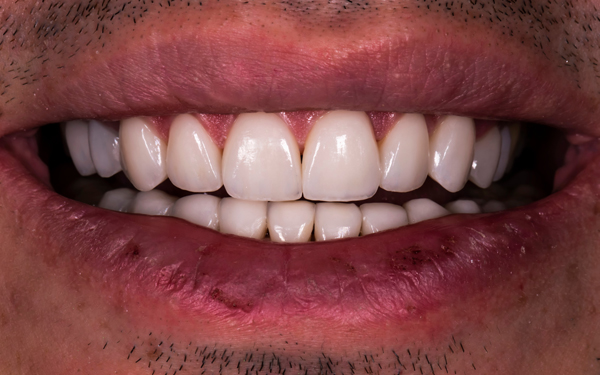Can a General Dentist Perform a Tooth Extraction?
If you need a , you probably wonder if your regular dentist can perform the extraction or if the procedure will need to be done by an oral surgeon. The answer to this question depends on several factors and should be determined on a case-by-case basis. Read on to understand the different factors that go into you and your dentist or oral surgeon deciding who will perform your tooth extraction.
Simple extraction vs. surgical extraction
The first factor in play is whether the extraction will be a simple extraction or a surgical extraction. A simple extraction is removing a tooth that is fully erupted, meaning that it is fully above the gum line and is visible in your mouth. A surgical extraction is necessary when a tooth has not erupted and is hidden below the gum line in the jawbone or has only partially erupted. This situation is common with wisdom teeth, which are the last set of molars that come in. A general dentist can perform a simple tooth extraction using forceps. For a surgical extraction, however, only an oral surgeon is qualified to perform the extraction procedure.
General dentist vs. an oral surgeon
It should be noted that a general dentist can perform simple tooth extractions. Many people rely on their general dentist to perform this routine procedure, and it is easily accomplished in-office. However, your dentist may refer you to an oral surgeon in some instances. If you have limited jaw mobility, large sinuses, or your teeth are positioned in a way that prevents a general dentist from being able to perform the tooth extraction; then an oral surgeon will need to do the procedure.
Another reason you would need an oral surgeon for your tooth extraction is if the tooth or teeth you are having removed are cracked or broken. Removal of cracked or broken teeth is more complicated than extracting an intact tooth and requires oral anesthesia. Oral surgeons are can also help patients with dental anxiety because oral surgeons are qualified to administer a variety of different types of anesthesia.
When simple tooth extractions aren’t simple
Simple tooth extractions are not always so simple. If, for some reason, you are at risk for complications from simple tooth extraction, your general dentist will guide what you should do next. Some of the complications patients may experience during a simple tooth extraction include cracks or complex tooth root systems.
It’s important to note that every patient is different. The requirements for your procedure will depend on many factors, such as your current tooth health, location of the extraction, and your risk of developing complications. Your dentist can provide more information about whether he or she can perform the extraction in their office.
Request an appointment here: https://ismiledentalspa.com or call iSmile Dental Spa at (916) 241-4191 for an appointment in our Carmichael office.
Check out what others are saying about our dental services on Yelp: .
Recent Posts
Understanding more about wisdom tooth extraction and why it is necessary is a great idea. Many people need their wisdom teeth extracted from their mouths in order to support overall good oral health. This extra set of teeth can potentially cause problems with the existing teeth, making it necessary for anyone whose wisdom teeth are…
The patient does not feel any discomfort during wisdom teeth extraction, but there is a recovery period after treatment. It is important to follow proper aftercare instructions to reduce the risk of an oral infection, recover faster and keep pain, swelling and bleeding to a minimal level.After wisdom tooth extraction, patients should follow all the…
It is important to treat a dental emergency as soon as possible to prevent any concern from worsening. This review discusses the different types of dental emergencies and how you can properly treat them.A dental emergency does not improve on its own. Fortunately, emergency dentists are able to treat oral health and dental trauma concerns…
For dental emergencies, people can go to an emergency dentist or an emergency room. However, several things should be considered before deciding where to seek medical help. Just like any other medical emergency, dental emergencies also require different levels of care. This depends on their severity. The ideal place to go for treatment when you…


